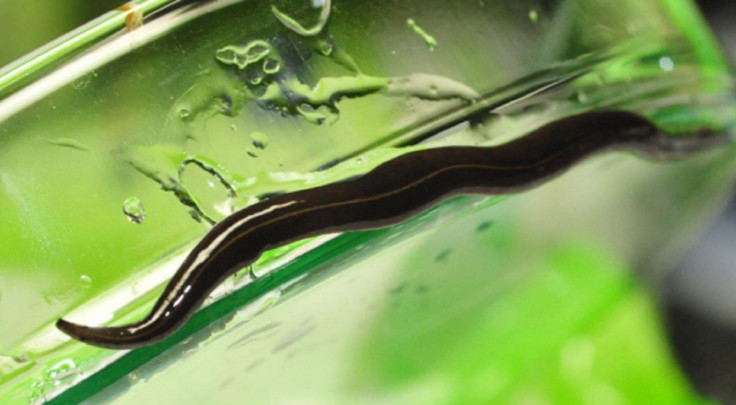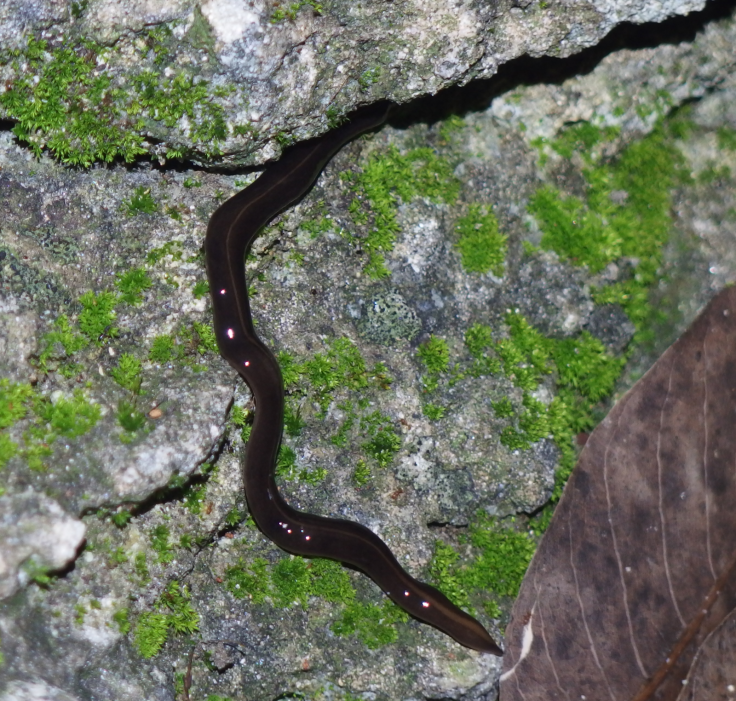Highly invasive New Guinea flatworm found on mainland US for first time poses major threat

A highly invasive species of flatworm has been identified in mainland US for the first time, posing a significant threat to the country - and the Americas - as a whole, scientists have warned.
Platydemus manokwari – or the New Guinea flatworm – is one of the 100 worst invasive alien species. Measuring around 5cm long and 5mm wide, it has a black olive back with a clear central stripe and a pale white belly. Its head is elongated with two prominent black eyes, and its mouth is located in the centre of its belly.
The New Guinea flatworm feeds on native snails and can climb trees to follow them.
Previously, the species has been found in a number of territories in the Pacific area and France, but it has now been seen to have spread to New Caledonia, Tahiti, Wallis and Futuna, Singapore, the Solomon Islands, Puerto Rico and Florida.

With most cases of Platydemus manokwari found on islands, the spread had remained fairly limited. However, the move to mainland US is of major concern because these same constraints do not apply.
Researchers led by Jean-Lou Justine of the Institute of Systematics, Evolution and Biodiversity in Paris, France, published their findings in the journal PeerJ.
"While most of the infected countries and territories reported until now are islands, from which the spread of the species through human agency is limited by means of transportation and various business and biosecurity protocols, our new record, Florida, will not be subjected to these limitations," the authors wrote.
"In addition to their natural spread, specimens of P. manokwari can easily be passively spread mainly with infested plants, plant parts and soil. The species could potentially eventually be spread from Florida throughout the US mainland, and this can be considered a significant potential threat to the whole US, the West Indies and even the rest of the Americas."
© Copyright IBTimes 2025. All rights reserved.






















